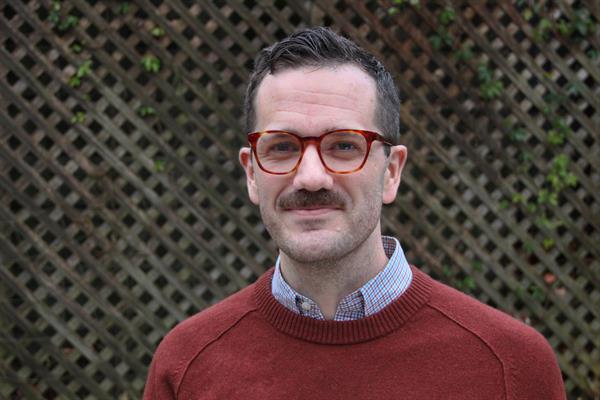
Research/Areas of Interest
attention; algorithms; science, technology, and society
Education
- PhD, University of California, Irvine, Irvine, United States, 2015
- MA. Sociocultural Anthropology, University of California, Irvine, Irvine, United States, 2013
- SM, Massachusetts Institute of Technology, Cambridge, United States, 2010
- BA, Yale University, New Haven, United States, 2007
Biography
I study how people who make technology deal with cultural materials. My first book, Computing Taste, draws on several years of ethnographic research and interviews with US-based developers of algorithmic music recommender systems – services that model their users' taste. Where popular critical accounts presume that engineers inevitably misunderstand culture, I instead examine how they theorize about culture and technology – what they are and how they should interact. These theories can have broad consequences, as they shape the design and evolution of influential algorithmic systems. Because many engineering practices are protected by corporate secrecy, I am also interested in developing new ethnographic techniques for accessing and examining the cultural worlds of engineers.
In my new research, I am investigating the technocultural life of attention in the United States. Recently, attention and its technical mediations have become objects of great popular concern—filter bubbles, fake news, political distractions, and shortening attention spans are all blamed on technologies that have been designed to manipulate their users' attention. In this project, I look to see how the people building some of these systems understand attention themselves: how they navigate public concerns about their work, and how their engineering practices relate to ideas about what attention is. I am interested in how the many understandings of attention – as a currency, a capacity, a filter, a spotlight, a moral responsibility – come together in the design of computational systems aimed at quantifying, attracting, or paying attention. This project engages people working in machine learning, facial recognition, and online advertising, as well as the recent movement to "reclaim" attention from the software platforms that have tried to capture it.
In my new research, I am investigating the technocultural life of attention in the United States. Recently, attention and its technical mediations have become objects of great popular concern—filter bubbles, fake news, political distractions, and shortening attention spans are all blamed on technologies that have been designed to manipulate their users' attention. In this project, I look to see how the people building some of these systems understand attention themselves: how they navigate public concerns about their work, and how their engineering practices relate to ideas about what attention is. I am interested in how the many understandings of attention – as a currency, a capacity, a filter, a spotlight, a moral responsibility – come together in the design of computational systems aimed at quantifying, attracting, or paying attention. This project engages people working in machine learning, facial recognition, and online advertising, as well as the recent movement to "reclaim" attention from the software platforms that have tried to capture it.